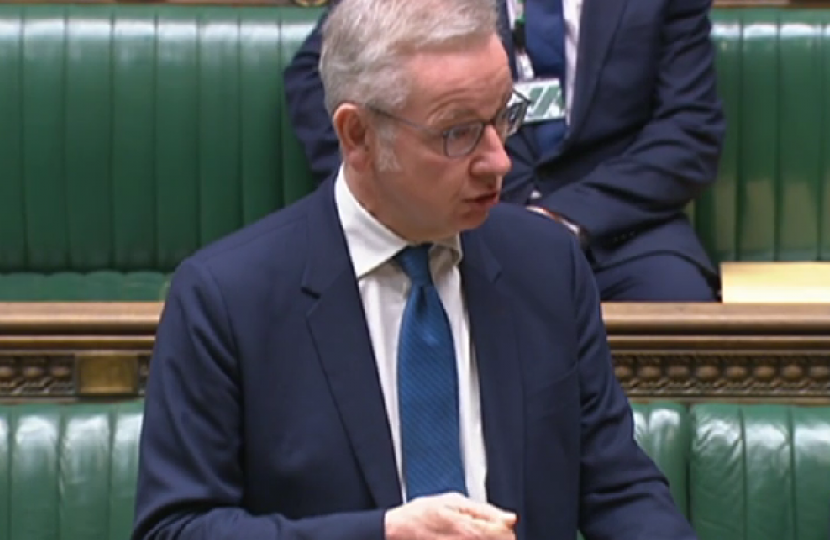
I beg to move, That the Bill be now read the Third time.
I am grateful for the opportunity to move the Third Reading of this Bill. As the House will know, this Bill was introduced before the King’s Speech, in the last parliamentary Session; it is a carry-over Bill. I begin by thanking all those who took part in the consideration of this Bill on Second Reading, in Committee and on Report.
Inevitably, following on from its introduction, debate around the Bill has occurred in the dark shadow of the events of 7 October and the continuing conflict in Israel and Gaza. That is why I want to stress, as I sought to do on Report, my gratitude for the thoughtful way in which every Member of this House has contributed to debate on this Bill. While there is, I know, a difference of opinion about the appropriateness of the measures we are bringing forward, everyone in this House is committed to ensuring that we act against antisemitism, everyone in this House is committed to ensuring that we can see a peaceful solution to the conflict in the middle east, and everyone in this House is committed to a two-state solution as the means by which we can bring peace to that troubled region.
The Bill upholds a principle that was originally outlined in our 2019 general election manifesto. During the course of consideration of the Bill we have heard from a number of organisations, both in Committee and in broader public debate about the Bill, all affirming its timeliness and importance in dealing with the continuing and growing threat of antisemitism, and upholding the importance of making sure that the UK Government speak with one voice, in a united way, on behalf of all of us, on foreign policy, as a reserved matter for the Government.
In that context, it is important to deal with one or two entirely understandable and legitimate concerns that have been raised about the interplay between the Bill itself and UK Government foreign policy. I know some particular concerns have been raised about clause 3(7). I assure colleagues that the clause does not contravene in any way our foreign policy or inhibit in any way the UK Government’s taking action if we believe there is activity in the Occupied Palestinian Territories that requires to be called out.
We continue to raise, as the Foreign Secretary has recently, issues of illegal settler activity, and Lord Cameron has been clear with the Israeli Government that the UK Government are in profound disagreement with some of those actions and some of that activity. I will come on to that in just a second. I should say that the clause does not prevent the Government establishing sanctions or using travel bans against those who have been linked to blatant human right abuses. It is simply the aim of this legislation to prevent public bodies from adopting their own foreign policy, as such decisions should ultimately be the remit of the Government and this House.
https://hansard.parliament.uk/Commons/2024-01-10/debates/FF477AA1-CD9C-…

